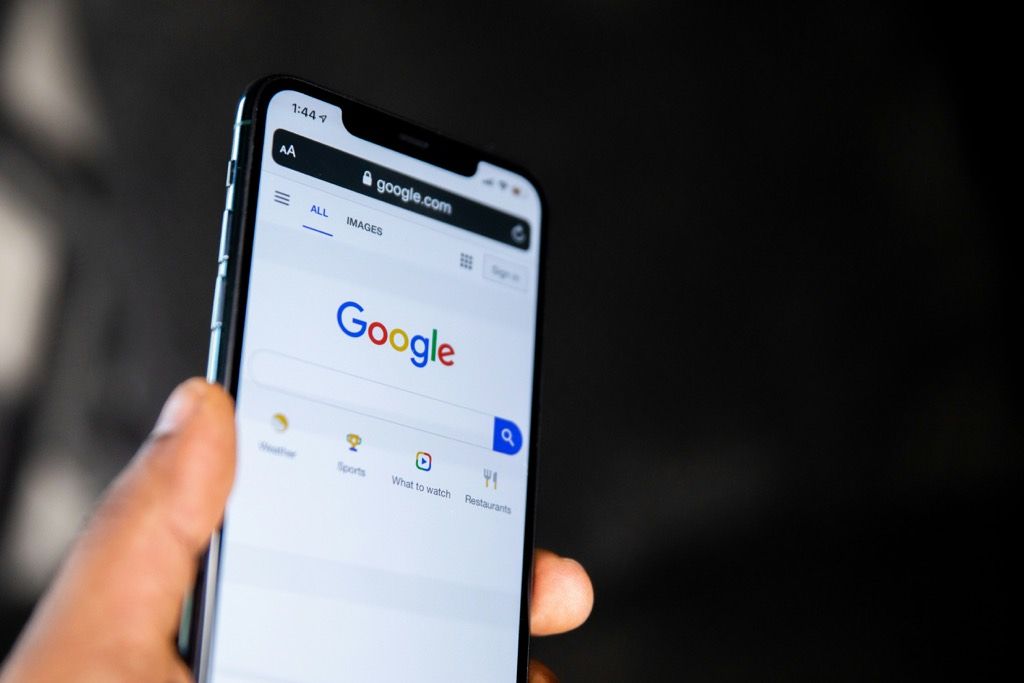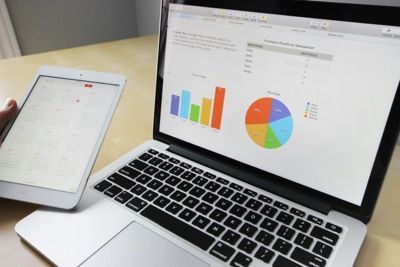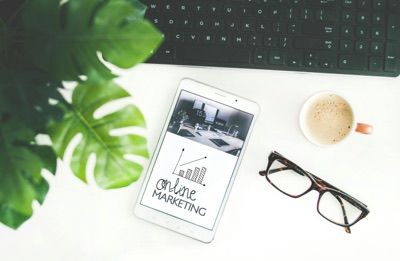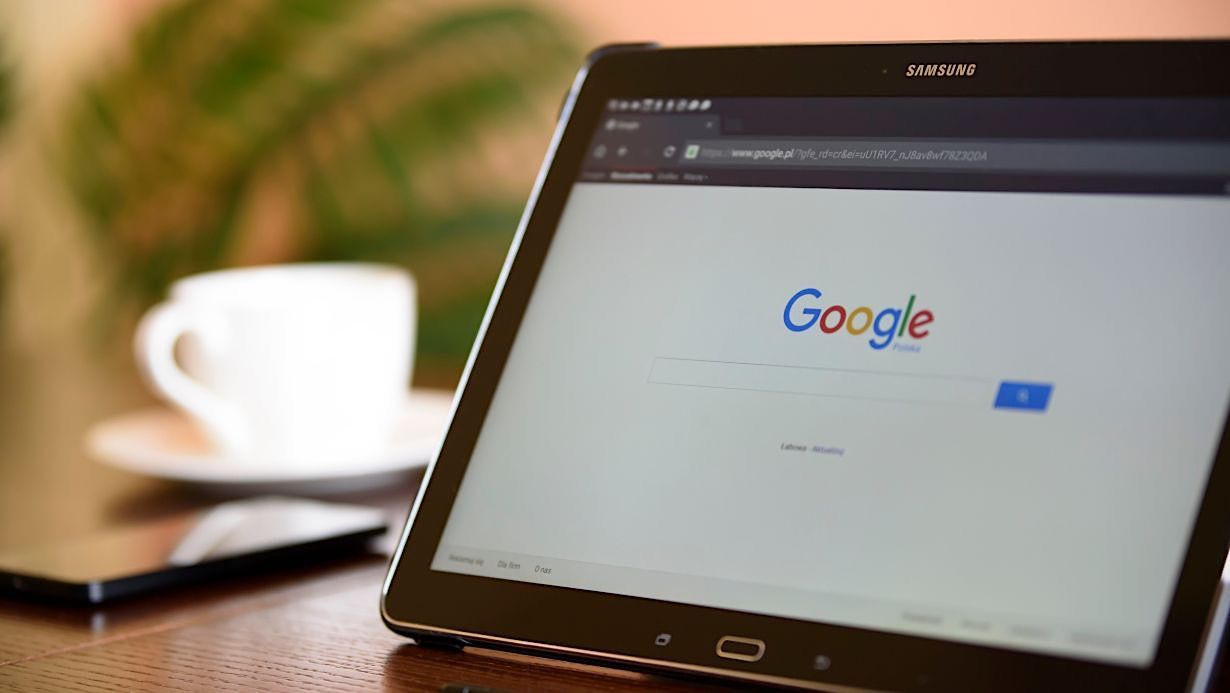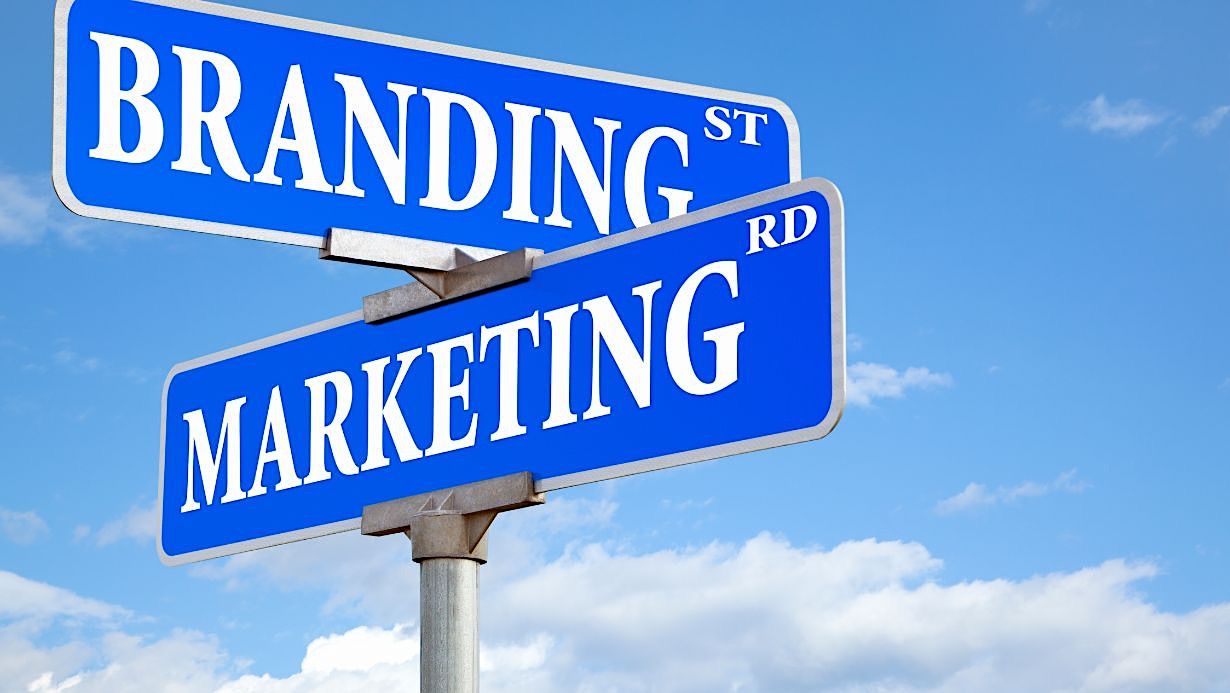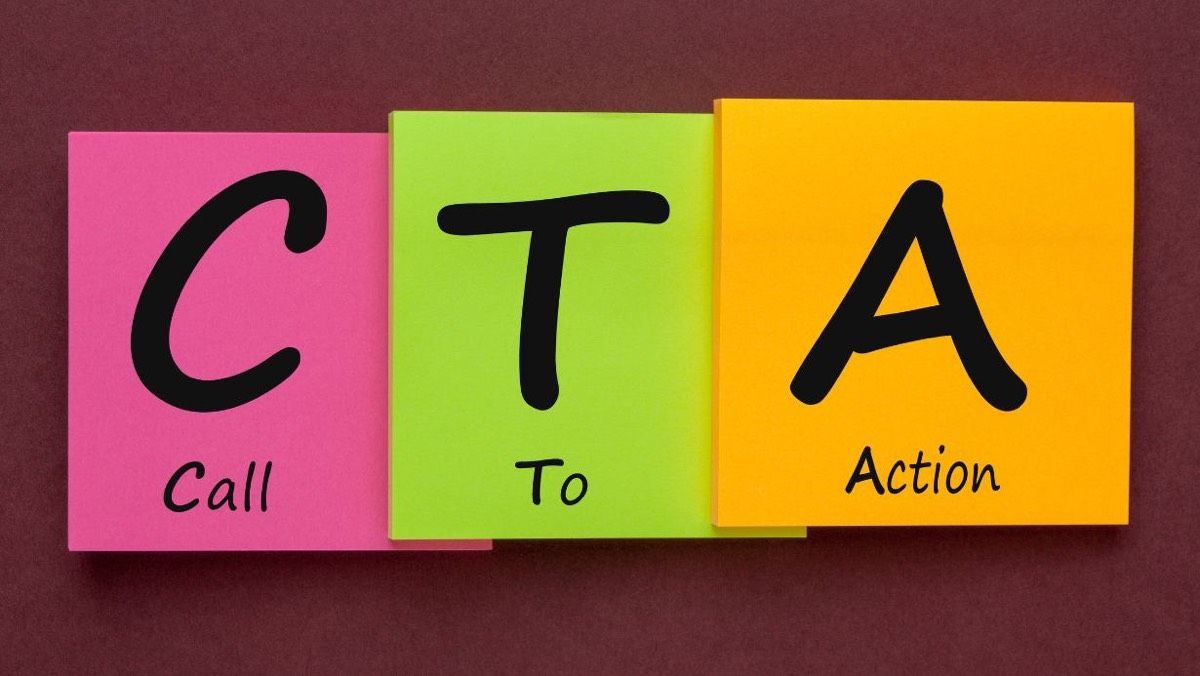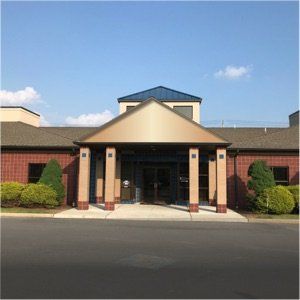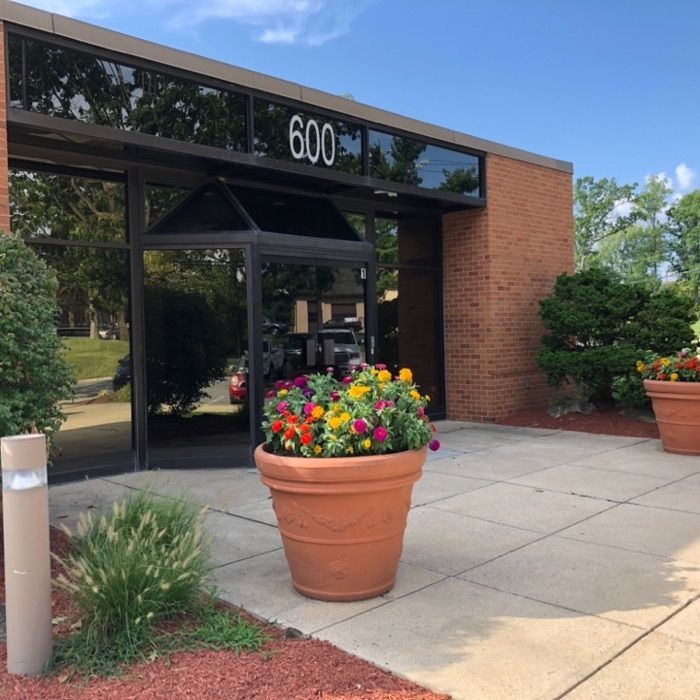On-Page and Off-Page SEO Strategies Increase Traffic to Your Website

Search Engine Optimization (SEO) is a crucial part of any digital marketing strategy. SEO is a strategy designed to improve a website’s ranking in organic search results - the unpaid listings on a search engine results page (SERP). According to Search Engine Journal, more than half of all trackable website traffic comes from organic search, which is why SEO is key to online marketing success.
SEO strategies can be divided into two main categories – on-page SEO (aka on-site) and off-page (aka off-site) SEO. On-page SEO is what you do within your website – keywords, content, page experience, etc. - to rank higher in SERPs and earn more relevant traffic. Off-page SEO is what you do to make your website look more authoritative, one of the criteria search engines like Google use to rank your website on SERPs.
Both have a place in online marketing and SEO strategies.
On-Page SEO Strategies
- Headings – Include target keywords in the headings on each page of your website. You should only have one H1 heading per page, with the rest being H2 and H3.
- Title Tags – Include target keywords in the title tag of each page. Title tags should be 55-60 characters and if possible, use the keywords near the beginning of the title. NEVER
stuff keywords because it can lower your ranking on SERPs.
- Meta Descriptions – While meta descriptions don’t directly affect SEO, a compelling meta description (which is displayed on the SERP) can increase your click-through rate, which is linked to SEO and rankings.
- Alt Text – All images on your website should include alt text and contain relevant keywords. Alt Text should be 8-10 words that describe the image.
- Mobile Responsive –
Statista reports that in the first quarter of 2021, mobile devices generated 54.8% of website traffic worldwide. With more than half of the people using a mobile device to find your website, you want them to have a good experience when they come to your website. Plus, Google now prioritizes mobile responsive websites. There are many ways to make your website mobile responsive, such as using a fluid grid and appropriate image sizes.
- Good Content – Make sure your content is useful and well-written. Try for at least 500 words per page, make each page’s text unique, and put keywords near the front when possible.
- Internal Links – Including relevant internal links – links to other pages on your website – can be helpful to visitors and create more engaged visitors. Make sure the anchor text –visible, clickable text that is usually a different color - is relevant to the page you’re linking to.
- Good User Experience (UX)– If your website isn’t intuitive and easy to navigate or pages don’t upload quickly, visitors will go elsewhere.
Research shows, 38% of people will stop engaging with a website if the layout or content is not attractive.
- Social Tags – If people share your content on social media sites like Facebook, Google will look at your website as relevant, and something people want to see. So, make it easy for visitors to share your content on social media with social sharing buttons, a “Click to Tweet” button, etc.
Off- Page SEO Strategies
Inbound Links are the best way to utilize off-page SEO. An inbound link (aka backlink) is a link coming to your website from another website. For example, if you were to click the “stuff keywords” link above, you would be taken to Google. So that would be an inbound link for Google.
The number and - more importantly - the quality of backlinks you can get to your site is the number one off-page SEO factor. At its simplest, a quality link is a link from an authoritative website. Here are fourteen tips for building inbound links to your website:
- Create great content that people find valuable and want to share
- Guest blog on sites related to your industry
- Become a source for reporters and bloggers
- Consistently publish great blogs on your website
- Link to other blogs on your blog – called outbound or external links
- Comment on other blogs
- Participate in forums
- Reply to questions on Q&A websites
- Participate in video and podcast interviews
- Ask for links from your suppliers
- Ask for reviews
- Add an RSS feed subscription to your blog
- Publish Google posts
- Reach out to well-known entities (businesses, associations, people, etc.) and ask them to share your content if they think it adds value to their content
Improve Your Search Engine Optimization (SEO)
SEO - the cornerstone of any successful long-term online strategy – is filled with many nuances and combines both art and science. PMI understands this and can help your business get found online, so give us a call today at 484-297-6395 or contact us online.

